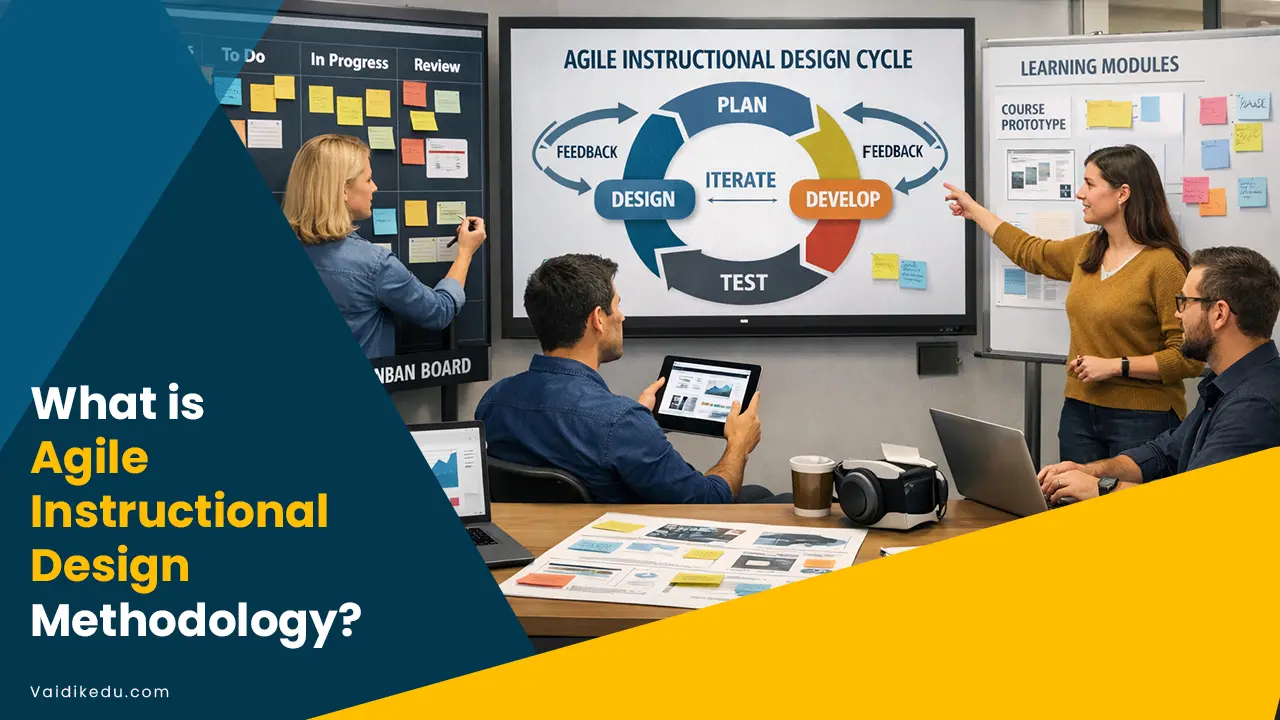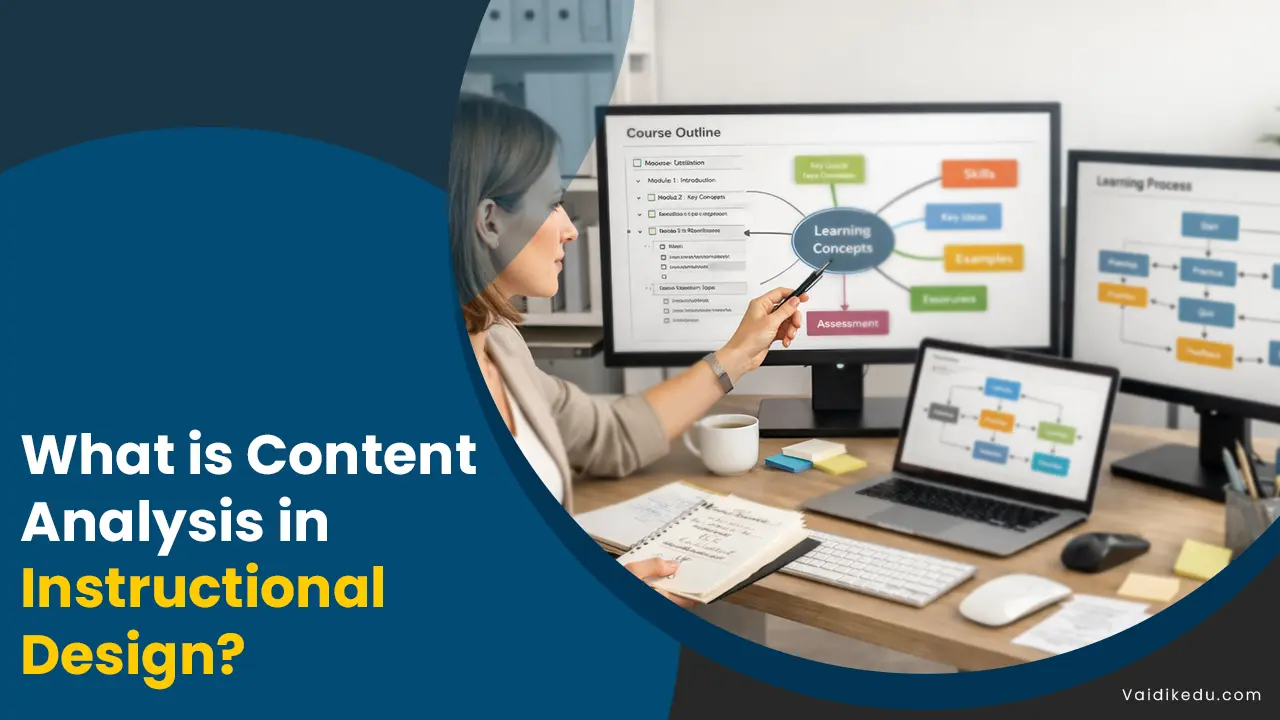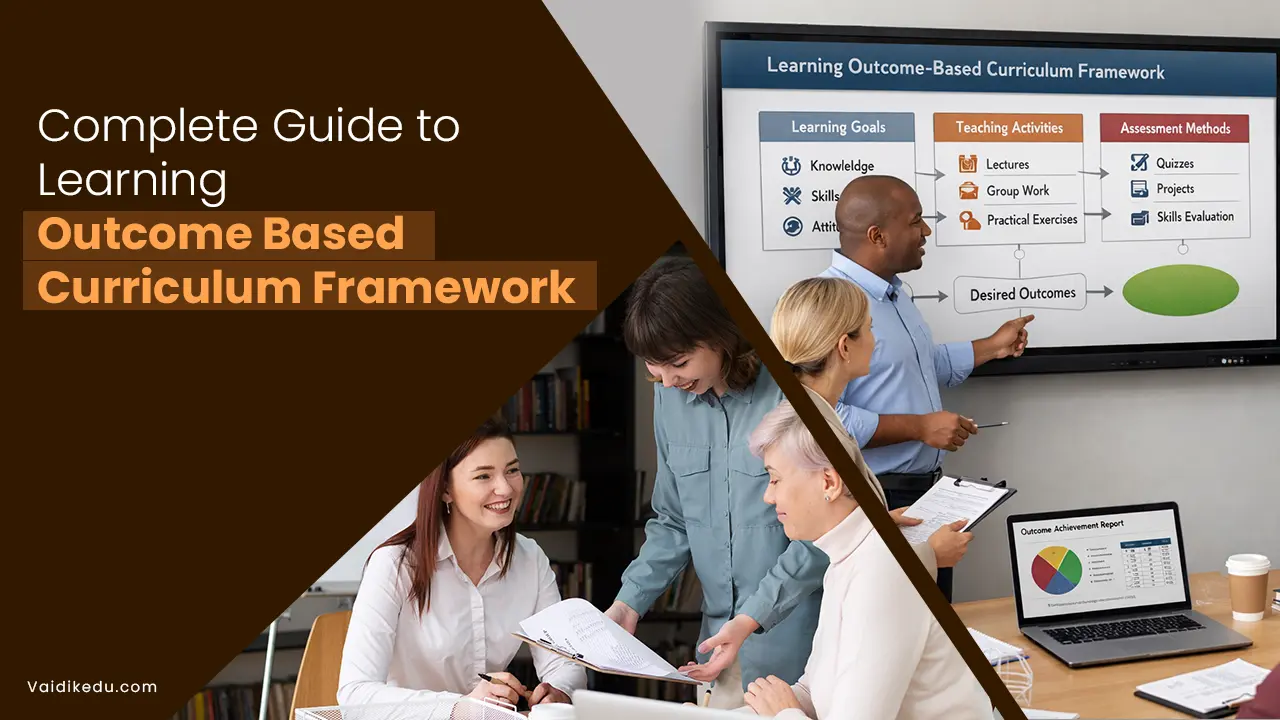Every student’s academic experience is shaped by board exams, which have a significant impact on their confidence and attitude toward studying in addition to their immediate future. They require intense study and concentrated work and are frequently viewed as a springboard to further education and employment prospects.
Even if there are many different ways to succeed in board exams, practice is still one of the most important components. The basis for confidence, competence, and thorough comprehension of the curriculum is laid by practicing with sample papers, mock exams, and past years’ question papers.
Practice is important because it can convert theoretical knowledge into practical skills. It fills in the gaps between comprehending an idea and using it successfully in an exam.
Board exams frequently assess a broad range of skills, including time management, problem-solving, analytical thinking, and factual memory. To succeed, students need to actively practice in order to assimilate topics and improve their approach to answering questions. Merely studying textbooks or attending lectures is insufficient.
Through practice, students can improve their speed and accuracy, become more accustomed to exam patterns, and get over exam-related anxiety.
Furthermore, practice is beneficial for reasons other than academic achievement. Students gain discipline, tenacity, and resilience from it skills that are essential for life in general and for tests in particular.
By going over material again, evaluating errors, and making improvements, students develop a growth mindset and are inspired to see hurdles as chances for personal development.
This thorough examination of practice demonstrates why it is essential for board exam preparation and how it can revolutionize students’ academic careers.
The Significance of Practice in Board Exam Preparation
The fact that practice helps students comprehend the format and organization of the board exams is one of the main reasons it is so important.
Sample papers and question papers from prior years provide information on the kinds of questions that are commonly asked, how marks are assigned, and how important different themes are. With this knowledge, students can organize their preparation so that they cover the full curriculum thoroughly while concentrating more on high-weighted topics.
For example, solving numerical issues increases accuracy and familiarity with problem-solving strategies in topics like physics and mathematics.
Additionally, practice helps with time management, which is an essential ability for passing board exams. Many students find it difficult to finish their papers in the allocated time, which causes them to become anxious and provide haphazard responses.
Frequent practice sessions assist students determine how much time they should spend on each segment by simulating the real exam atmosphere. They may attempt every question with confidence if they put in the necessary work because they learn how to maximize their speed without sacrificing the caliber of their responses.
The decrease in test-related anxiety is another important advantage of practice. Students frequently experience stress due to their fear of the unknown. But by using example papers and mock exams, you can demystify the exam process and make it less scary and more predictable. Students feel more confident and attentive during the actual exam when they are presented with familiar question patterns and themes, which improves their performance.
The Use of Previous Years’ Sample Papers And Question Papers
For students studying for board exams, past years’ question papers are a goldmine of knowledge. They give students a realistic look into question trends and patterns, allowing them to prepare for the kinds of questions they would see on tests.
Students can prioritize their revision by identifying recurrent topics and concepts through the process of solving these papers. Furthermore, prior papers frequently indicate the degree of difficulty that students can anticipate, enabling them to modify their preparation appropriately.
On the other hand, practice exams and sample papers are great resources for self-evaluation. They give students a chance to assess their knowledge and abilities in a safe setting by simulating the format of the board exam.
Students can determine their strengths and shortcomings by assessing how well they performed during these practice sessions. They can maximize their total readiness by concentrating their efforts on areas that require improvement thanks to this self-awareness, which is priceless.
Developing Mastery And Confidence via Practice
A major factor in determining success in board exams is confidence, which is mostly developed through practice. Students gain a feeling of control over the material when they successfully answer questions on a regular basis. Their self-assurance enables them to take on even the most difficult exam questions. Furthermore, regular repetition helps lessons stick in students’ minds by reinforcing them. This improves their capacity to remember knowledge under duress and lowers the possibility of mistakes.
A proactive approach to learning is also promoted by practice. Students actively interact with the content, using what they have learned to solve issues and respond to inquiries rather than just passively taking it in. This active participation develops critical thinking and problem-solving abilities in addition to improving retention. These abilities are necessary for upcoming academic and professional pursuits as well as for board exams.
Conclusion
Practice is not merely a tactic in the quest to ace board examinations; it is the key to success. By bridging the gap between performance and preparation, it enables students to approach their tests with competence, clarity, and confidence.
Students improve their time management abilities, become more proficient in their topics, and experience less anxiety before tests with consistent practice.
Students are empowered to take control of their education through practice, which motivates them to recognize their areas of weakness, capitalize on their strengths, and pursue ongoing development. It turns the intimidating idea of board exams into a doable and fulfilling task.
The advantages of practice ultimately go well beyond test rooms, giving pupils the abilities and perspective they need to succeed academically and beyond.
Frequently Asked Questions
Students who practice are better able to manage their time, comprehend the format of the exam, and feel less anxious. Additionally, it improves their confidence and conceptual understanding, making them more equipped to handle the demands of board exams.
Students can evaluate their knowledge, develop time management skills, and pinpoint areas for growth by using sample papers and mock exams, which replicate the real exam setting.
Exam difficulty, key subjects, and question patterns can all be learned from previous years’ papers. They assist students in setting priorities for their study time and strategic preparation.
Regular practice makes the exam less daunting by acquainting pupils with the format and sorts of questions. This comfort boosts self-esteem and lessens anxiety about the unknown.
Students should make practice a daily part of their study schedule, setting aside particular time slots to work through past years’ question papers, mock exams, and sample papers. Frequent practice improves overall readiness and guarantees consistent progress.









